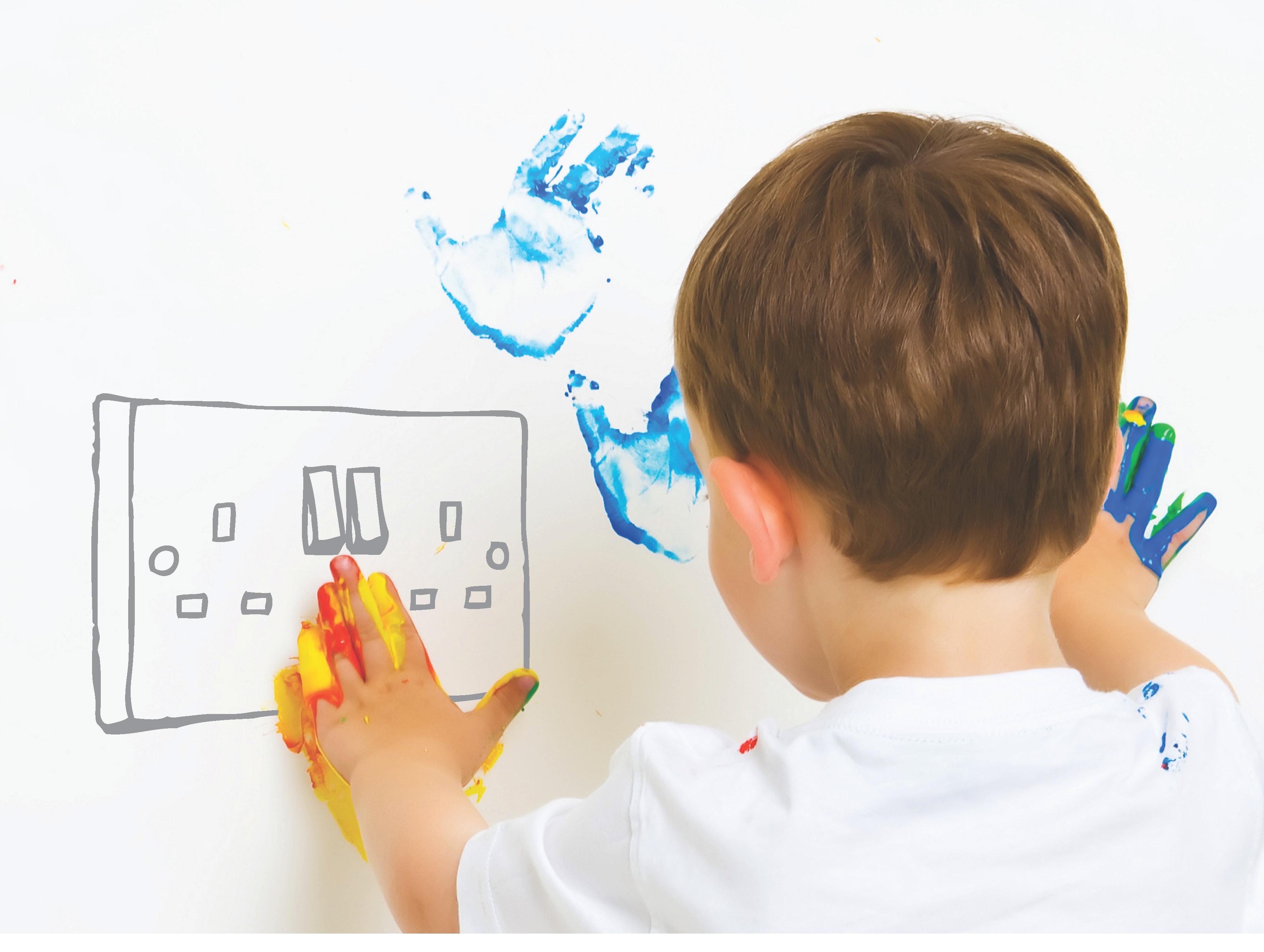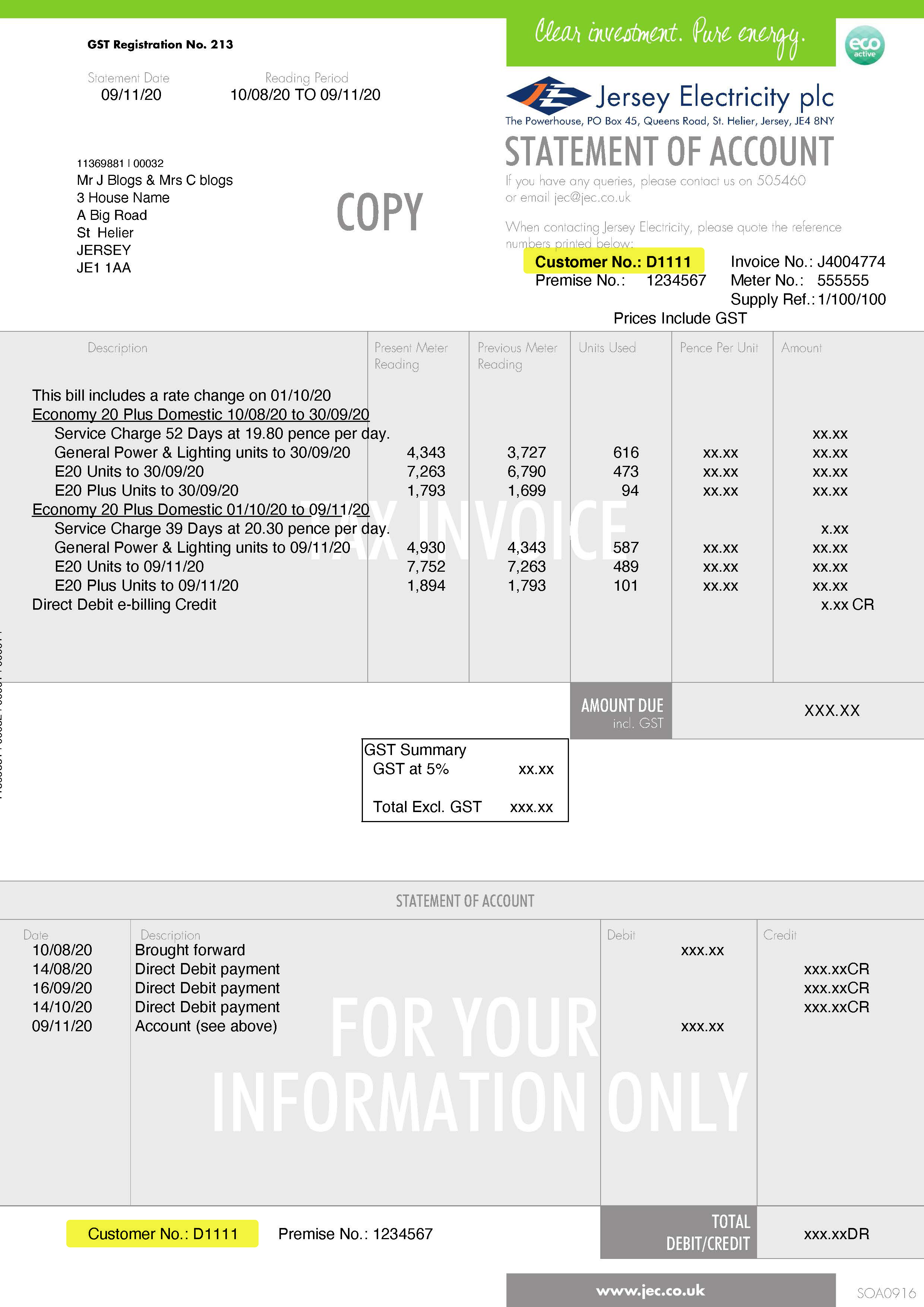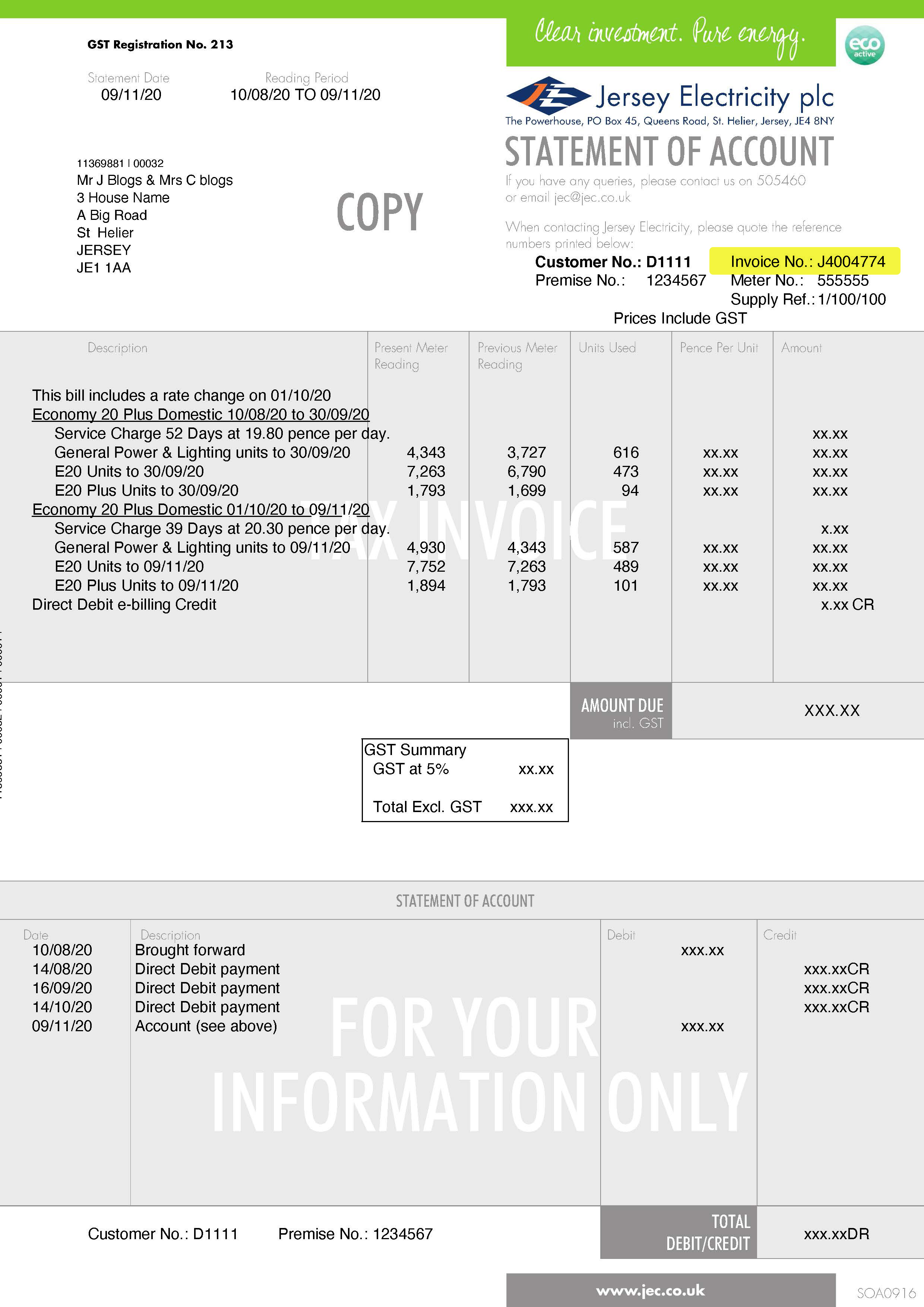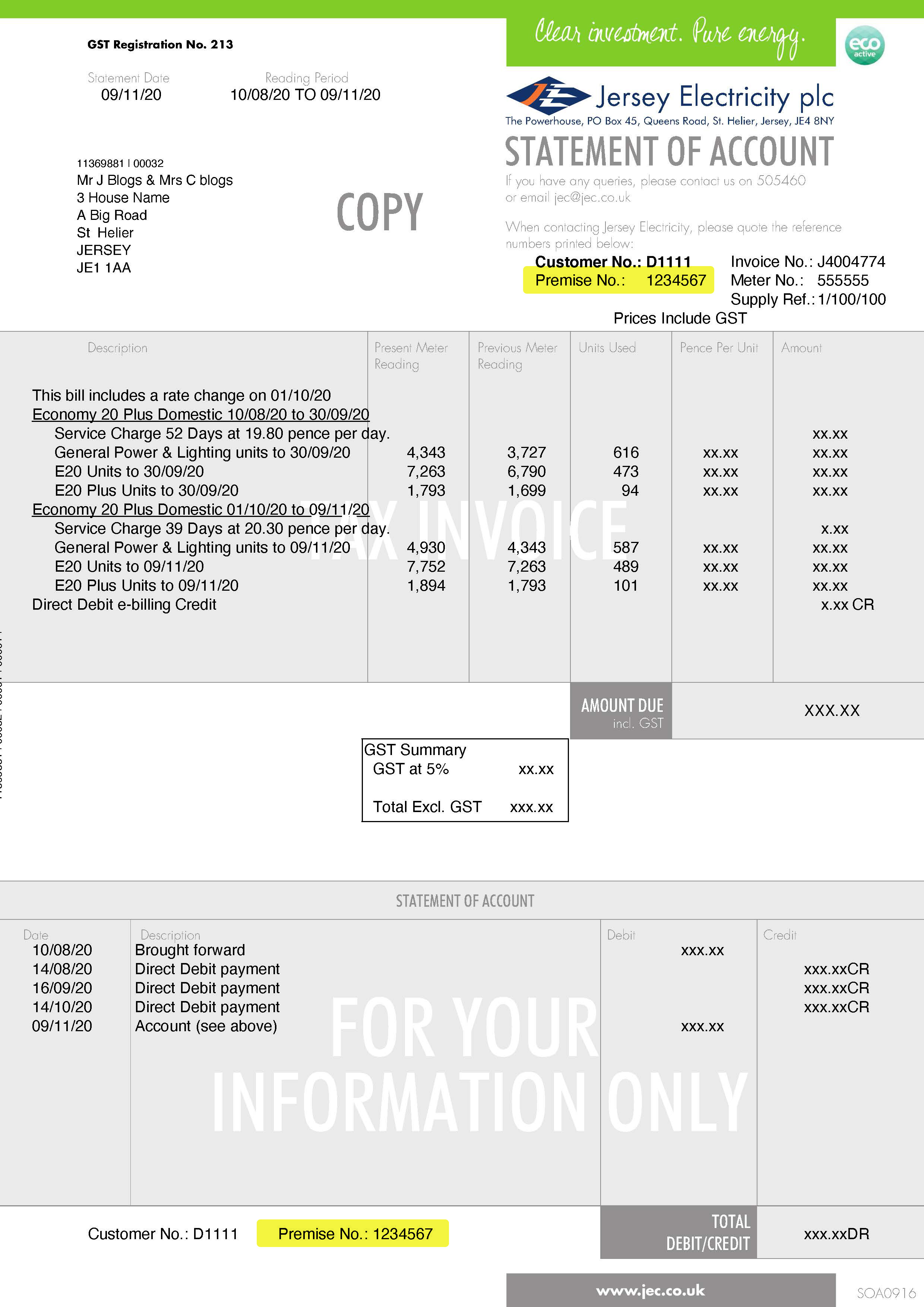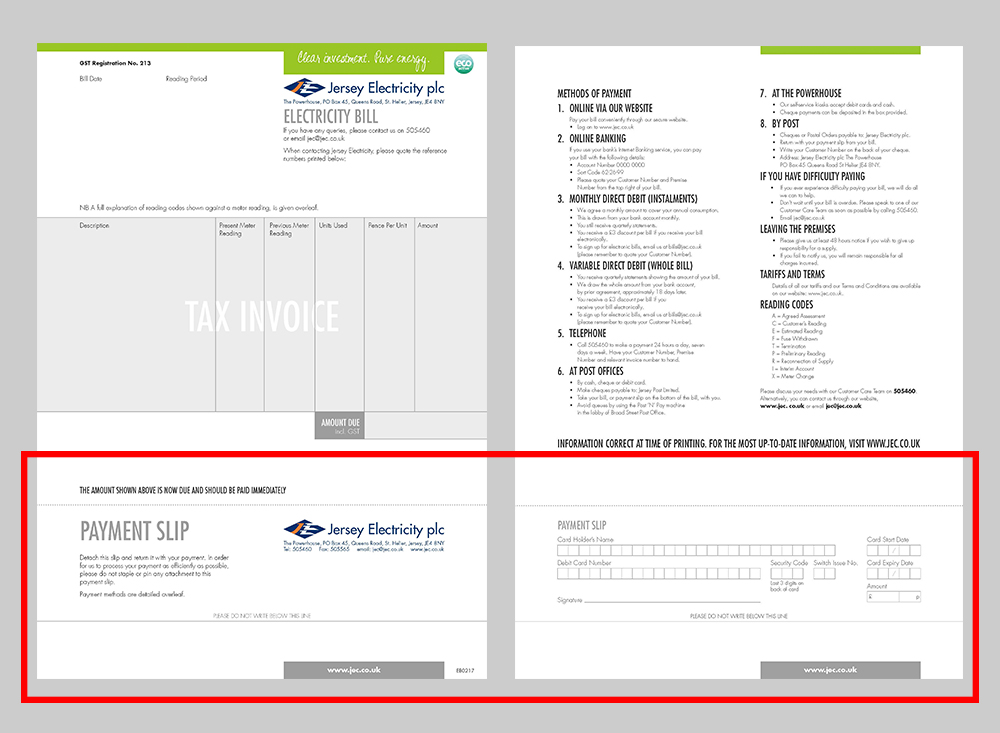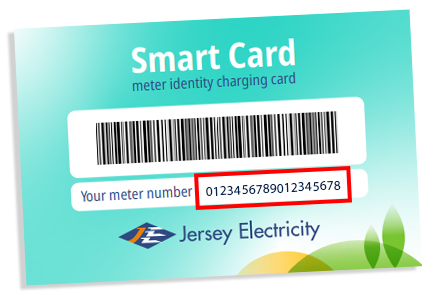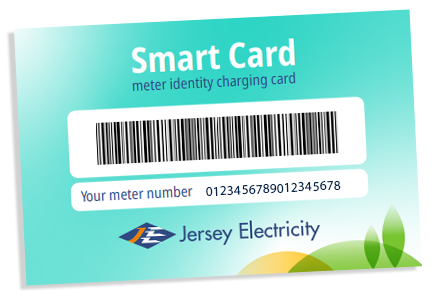A lack of understanding of electrical safety or misuse of electrical appliances can lead to fires and other accidents in the home. This simple guide provides you with everyday do’s and don’ts to help keep you and your family safe around electricity and electrical appliances in the home.
Top tips
- Avoid using electrical appliances near water and don't use them with wet hands
- Keep electrical appliances, particularly kitchen items such as cookers and microwaves, clean and free from grease
- If an electrical appliance works erratically, has a flex or cable showing visible wear and tear, or you can smell burning when the appliance is in use, stop using it immediately
- Avoid placing anything flammable close to heaters, cookers or fires
Plugs, leads and sockets
- Modern appliances come with pre-sealed plugs fitted with the correct fuse. If you have any non-sealed plugs, ensure they are wired correctly by a competent person and fit the correctly rated fuse for the appliance
- Never overload a socket by plugging in too many appliances
- If you use a fused adapter, keep the output to a maximum of 13 amps per socket
- Hot plugs and sockets, scorch marks, fuses that blow for no apparent reason and flickering lights are signs that your equipment is faulty. Switch off and unplug until a qualified electrician can test them
- Don’t operate an appliance with the leads coiled or bent
- Light bulbs can get very hot so never cover a lamp or light shade
Electrical appliances
- Don’t buy an electrical appliance without knowing it is safe to use. If it is second-hand, have it checked by a qualified electrician before you use it
- When buying a new appliance, look for the British Standard (BS) or European (CE) safety mark
- Switch off and unplug appliances when not in use, especially if you are going away on holiday, unless they are designed to be left on, such as freezers
- Keep appliances clean. Have them serviced according to the manufacturer’s instructions
Electric blankets
- Don’t leave an electric blanket on overnight; switch it off and unplug it unless it has thermostatic controls for safe all-night use
- When not in use, store either flat or rolled up to protect the internal wiring
- Ensure they are inspected annually. Jersey Electricity, in conjunction with the Fire and Rescue Service offers a free electric blanket testing service every autumn
Electricity and water don’t mix
- Always keep electrical appliances, their leads and plugs away from water
- Keep portable mains-powered electrical equipment out of the bathroom
- Never touch plugs, switches or electrical equipment if you have wet hands
Children
- Dry children thoroughly after a bath or shower before they go near electrical equipment such as games consoles
- Keep liquids away from TVs, DVD players, stereos, computers and games consoles
- Don’t leave an unconnected appliance cord, such as a mobile phone charger, plugged in and switched on as young children may be tempted to put the end of the cord in their mouths
In the garden
- If you use electrical appliances in the garden, then always plug them into an RCD, (residual current device). An RCD detects an electrical fault and disconnects the appliance from the supply to prevent electrical shocks
- Don’t use electrical equipment in the rain
- Ensure cables have not become frayed or plugs loose
- If mowing or hedge trimming, keep cables behind you and cut away from them
- If you plan to dig big holes, know where your incoming electricity supply cables are located. For free information and advice, call our Customer Care Team on 505460 or email us jec@jec.co.uk
Finally
Make sure you know how to turn off the mains electricity supply in case of emergency. The main switch is usually on or near the fuse box.
Our 24-hour emergency number is: 505050
